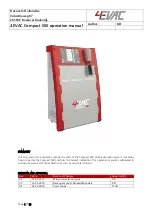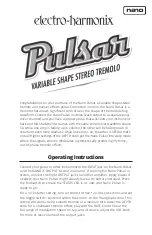
MR60BHA1
6
i. 0.4m≤x≤2m// Detection distance between the chest cavity and the
radar antenna surface
b) Accuracy: ≥85%
c. Presence sensing function
a) Detection distance: ≤ 3m // distance between antenna face and
person
b) Accuracy: ≥ 90%
d. Motion detection function
a) Motion triggering
b) Motion direction and position sensing
5. How the radar works and how it is installed
5.1. installation method
As the radar works mainly on the basis of the respiratory heart rhythm
causing undulating movements on the surface of the large muscles, the
undulation of the human chest and back will be more pronounced, so this
radar needs to be installed in the correct position to the human chest or
back.
Based on the radar mode of action, the following mounting options are
considered for radar installation.
(1) Overhead installation
The radar beam is positioned vertically downwards towards the body, with
the centre of the radar beam corresponding to the position of the body's
chest cavity.
In this installation mode, a distance of ≤ 2 m is required between the radar
and the body to be measured.
Summary of Contents for 101990886
Page 1: ...MR60BHA1 1 ...



























